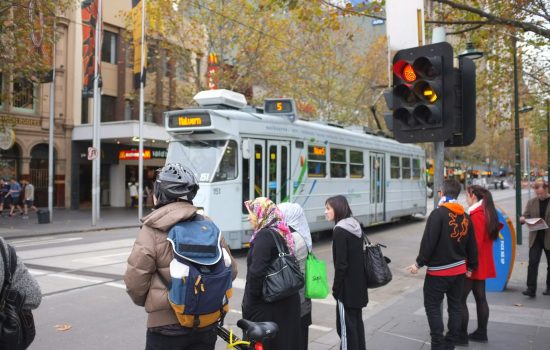Appealing to the Federal Circuit Court is complex.
In Australia, the Federal Circuit Court, Federal Court and High Court of Australia all hear visa appeals.
What courts can you appeal an immigration decision to?
In Australia the Federal Circuit Court, Federal Court and High Court of Australia all hear visa appeals.
Most commonly a visa refusal decision is first appealed to the Administrative Appeals Tribunal (AAT) or the Immigration Assessment Authority (IAA). If the AAT or IAA appeal is unsuccessful your case may then be appealed to the Federal Circuit Court (FCC).
In limited circumstances a visa refusal is appealed directly to the Federal Court or High Court of Australia, bypassing the AAT and the FCC.
The court appeals process can be complicated and technical, and we recommend obtaining legal advice from a migration lawyer about your court appeal options.
What does a court appeal for an immigration decision involve?
The court’s role is to determine whether a jurisdictional error (also called a legal error) has occurred in your case. A legal error can include that you were not given a fair go at your AAT hearing or the wrong legal test was used in your decision.
The court will assess the previous decisions made on your visa application and appeal to determine if the decisions were made in accordance with the law. The court cannot reconsider your visa application and generally you cannot provide new information relating to your visa application to the court unless it relates to the legal error you believe happened in your case. The court also cannot grant you a visa.
If you want to appeal your case to the courts you will need to lodge an application. This is sometimes referred to as an application for judicial review. We recommend that you obtain a merits assessment by a barrister to confirm your prospects of success for your court appeal.
Once you have lodged your court appeal application, the court will give you information about key dates in your case, such as a directions hearing and a final hearing. A directions hearing is when the deadlines for all the documents you need to give must be provided.
The judicial review process is complex and formal in nature. We suggest that if you intend on lodging an application in a court you should obtain legal advice as soon as possible.
What are the eligibility requirements for an appeal in court of an immigration decision?
In most instances, a Tribunal will need to have made a decision to affirm your initial visa refusal decision to appeal to the Federal Circuit Court.
Please note that the usual timeframe to lodge an appeal in the Federal Circuit Court is 35 days from the date of your Tribunal decision. If you require an extension of time, you must request this and provide a suitable explanation as to why you required an extension of time.




